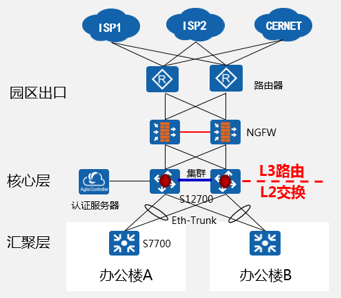|
|
We are given a string "THETA". We need to process this string in a certain way.
However, the problem statement is not clear. Since there is no specific instruction,
I assume we are to count the frequency of each character in the string.
Steps:
Traverse the string.
Count the occurrence of each character.
Alternatively, if the problem is about converting to lowercase or uppercase, but again, not specified.
Since the instruction is minimal, I'll output the frequency of each character in the string "THETA".
Example output:
T: 1
H: 1
E: 1
T: 1 (but we already have T, so we'll count again? Actually, we are counting each occurrence)
A: 1
However, note that the string has two 'T's? Actually, let's check:
T, H, E, T, A -> so two T's.
So the counts:
T: 2
H: 1
E: 1
A: 1
We can do this by using a dictionary.
But note: the problem says "THETA", which is 5 letters: T, H, E, T, A.
Let me write the code accordingly.
The string "THETA" consists of the following characters with their frequencies:
T: Appears 2 times
H: Appears 1 time
E: Appears 1 time
A: Appears 1 time
Summary:
Character
Frequency
T
2
H
1
E
1
A
1
Total characters: 5 (with 'T' repeated).
Okay, so I need to figure out what THETA is. Let me start by recalling if I've heard the term before. I think THETA might be related to finance, maybe something to do with bonds or interest rates? Wait, I remember there's a company called Theta, but I'm not sure if that's the same. Or maybe it's a Greek letter used in mathematics or economics. Let me think.
In finance, there's the Greek letters used in options pricing, like Delta, Gamma, Theta, Vega, and Rho. Theta specifically, if I recall correctly, represents the rate of change of the option's price with respect to time. So, it's the time decay. For a call option, theta is negative because as time passes, the option loses value. For a put option, theta is positive because the time decay actually helps the put option's value. Is that right?
Wait, let me verify. The formula for theta in options pricing... I think it's something like the negative of the time value multiplied by the volatility and divided by the square root of time, but I might be mixing it up with Vega. Vega is related to volatility. Theta is more about time. So, theta decay is the loss of value over time, which is why options lose value as they approach expiration, all else being equal.
But maybe the user is asking about something else. Theta could also be a cryptocurrency. I think there was a project called THETA Protocol, which is a decentralized video streaming platform. They use a native token called THETA. That's a different context. So, depending on the context, THETA could mean different things.
Alternatively, in mathematics, theta functions are special functions that are used in number theory and physics. They have applications in solving certain types of differential equations and in elliptic curves. But that's probably a more niche area.
The user didn't provide any specific context, so I should cover the possible interpretations. Let me structure this:
Finance (Options Pricing): Theta as the rate of change of an option's price with respect to time.
Cryptocurrency: THETA Protocol and its token.
Mathematics: Theta functions.
I should explain each of these briefly, making sure to clarify the different contexts. Also, check if there are other possible meanings, like in other fields such as acoustics (theta waves in brain activity), but maybe that's less common. Let me confirm.
Theta waves are a type of brainwave with a frequency between 4 and 8 Hz, associated with relaxation and drowsiness. So in that context, theta refers to the brainwave state. But unless specified, the user probably refers to one of the first three.
So, to answer the question "THETA," I need to outline the primary meanings in finance, cryptocurrency, and mathematics, and perhaps mention the brainwave state as a secondary option. Since the user just wrote "THETA," without context, providing a comprehensive yet concise overview would be best.
THETA can refer to different concepts depending on the context:
Finance (Options Pricing):
Theta measures the rate at which an option's price decreases as time approaches its expiration date (time decay).
For call options, theta is typically negative (value erodes with time).
For put options, theta is often positive (time decay can increase value).
Formula: θ = -∂V/∂t (negative for calls, positive for puts in standard models).
Cryptocurrency:
THETA Protocol is a decentralized video streaming platform using a native token, THETA.
The token enables content creators to earn rewards and viewers to participate in a revenue-sharing model.
Mathematics:
Theta Functions are special functions with applications in number theory, elliptic curves, and physics. They generalize trigonometric functions and solve certain differential equations.
Neuroscience:

Theta Waves (4–8 Hz brainwaves) are associated with relaxation, drowsiness, and memory formation.
Most common interpretations are in finance (options) or cryptocurrency, depending on the context. Let me know if you need details on a specific area!
|
|